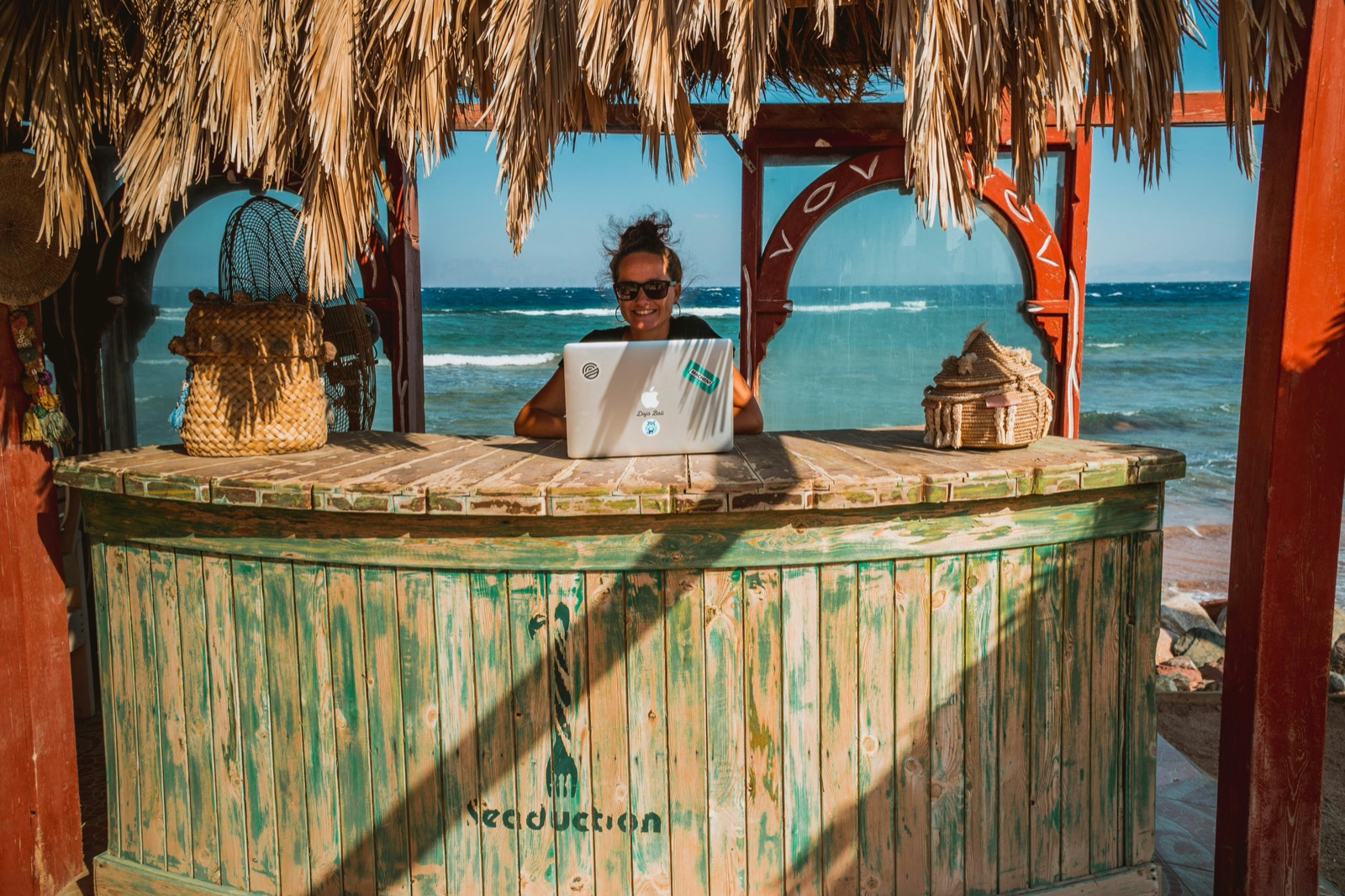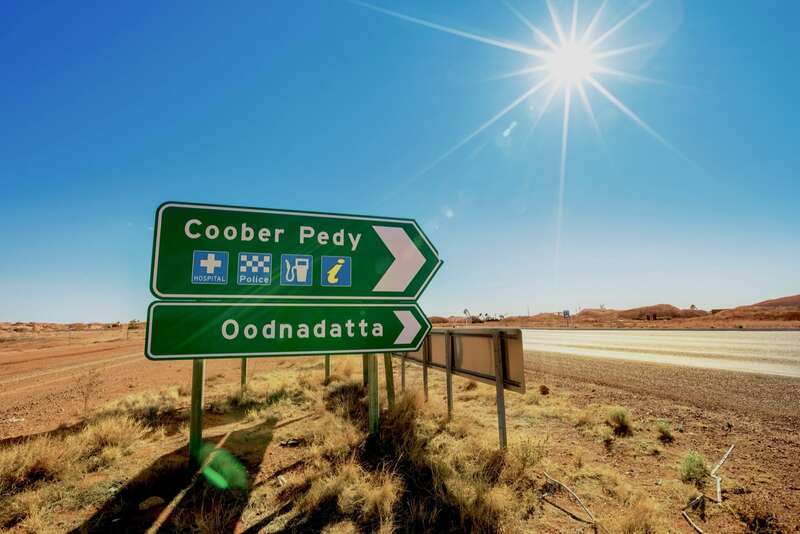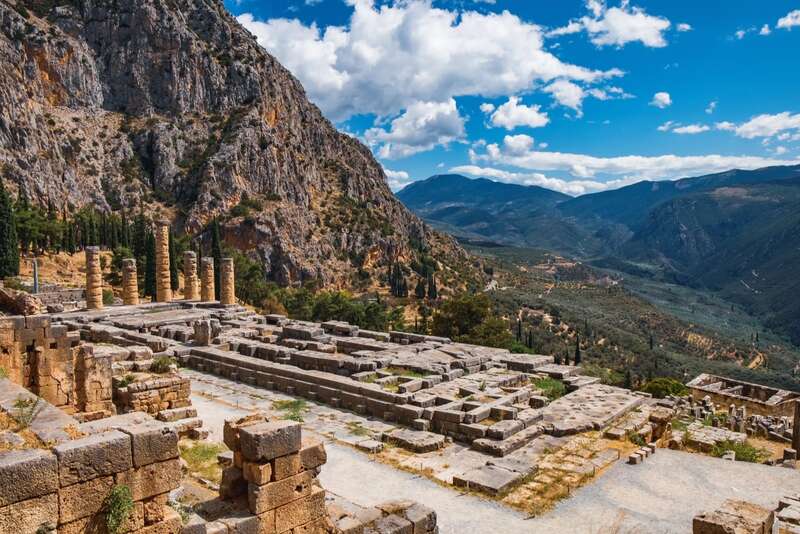Living as a digital nomad requires constant financial balance
While freedom and flexibility define the lifestyle, managing income and expenses is a daily discipline. Travel, accommodation, and gear usually take priority, but once those essentials are covered, the remaining funds become powerful tools. With structure, that extra cash can unlock longer stays, better setups, or future stability.
Without it, the money can disappear quickly. For nomads, budgeting isn’t about sacrifice; it’s about making each exchange count and turning surplus funds into opportunities. Whether based in Bali, Berlin, or Buenos Aires, smart financial choices shape the pace, security, and growth of nomadic life. Every dollar saved or spent should carry purpose, supporting both adventure and sustainability.

Build a Buffer That Moves With You
Nomads often deal with income that changes month to month. Projects vary, contracts shift, and payment platforms delay transfers. A buffer built from funds left over after expenses can soften these gaps. This isn’t just about emergency money. It’s about staying mobile without stress.
If your rent is lower than expected one month, set aside that difference. That surplus can pay for a co-working space during a busy deadline week or cover travel between cities when plans change. Without this buffer, delays can lead to hard stops. The more flexible your finances, the more freedom you maintain.
Use a second account or digital wallet to set this money apart. Watching it grow month by month can be motivating, and once it reaches a comfortable level, it can serve as a float for bigger decisions, like equipment upgrades or visa runs.
Invest in Better Tools and Infrastructure
Some funds left over after expenses are best spent, not saved. When work is your lifeline, improving your setup increases productivity and peace of mind. Faster Wi-Fi or a second screen can improve output. A better chair or ergonomic setup in a long-term Airbnb can reduce fatigue.
Nomads often cut corners to stay lean, but investing in tech or comfort that supports focus and flow should come first. Even noise-canceling headphones or local SIMs with reliable data can change your work quality.
If you move frequently, consider gear that reduces friction. A better backpack, lighter laptop, or power bank that charges all devices at once saves time and energy. Small upgrades like these pay off over weeks and months.
Explore Local Experiences Without Overspending
Budgeting does not mean skipping fun. In fact, spending a portion of leftover funds on cultural experiences often deepens the nomadic journey. Local food tours, art markets, or weekend excursions provide more than photos. They enrich your understanding of each stop.
Set a soft rule to use a fixed percentage of extra money on local activities. This prevents overindulgence while still making room for exploration. Even free or low-cost events can benefit from a small transport or entry budget.
Track these outings like you would work expenses. Seeing where joy meets value helps prioritize future plans. The goal is never to hoard savings but to use money in ways that build memory and perspective.
Create a Safety Net for Medical and Admin Costs
Global travel brings unexpected fees. Visa renewals, document translations, or clinic visits can pop up without notice. When budgeting, leave space for admin and health expenses.
Leftover funds are ideal for this purpose. They don’t touch core living costs but sit ready for urgent needs. Use them for:
- Unexpected doctor visits or prescriptions,
- Visa renewals and government fees,
- Insurance top-ups or document translations,
- Security-focused tools like VPNs or 2FA apps.
Nomads who ignore this layer often get stuck in bureaucracy. A smart buffer avoids both delays and drama.
Fund Slow Travel or Longer Stays
If you budget tightly during high-expense months, you may unlock a stretch of slow travel next. This style reduces transport costs, builds stronger local ties, and often lowers rent. Leftover funds help extend stays, which in turn reduces future costs.
Use the extra to negotiate longer Airbnb rates, get monthly gym access, or buy groceries in bulk. Instead of sprinting through cities, you plant roots. This supports work consistency and personal balance. Slow travel also allows for better networking and local discovery. Communities open up over time, and staying put helps deepen both friendships and professional opportunities.
Reinvest in Your Remote Career
Nomads often work solo, freelance, or as part of distributed teams. Leftover money can accelerate your professional growth.
Invest in Digital Tools
Instead of relying on free tiers that limit productivity, consider upgrading to premium software. Tools that streamline communication, automate repetitive tasks, or manage time more effectively pay for themselves over time. Premium features often include integrations, analytics, and collaboration options that make work smoother, reduce errors, and free up time for more strategic or creative tasks.
Take Paid Courses or Certifications
Skill development directly impacts income potential and flexibility. Online platforms offer certifications in areas like design, marketing, data analysis, or coding, helping nomads diversify their skillset. Even short courses can open doors to freelance opportunities, consulting gigs, or remote work contracts, turning knowledge into actionable revenue streams while enhancing professional credibility.
Test Entrepreneurial Side Projects
Many nomads experiment with micro-businesses, from blogs and newsletters to productized services or digital content. Extra funds can support hosting, advertising, or content creation, helping projects gain visibility and traction. By testing ideas with small, calculated investments, travelers can identify scalable opportunities without putting their main income at risk, turning experimentation into potential long-term ventures.
Plan For Future Life Phases
Most nomads don’t travel forever. Leftover money should reflect this truth. Some day, you may want to settle, start a family, or switch careers. Saving for that phase can begin now. This isn’t about retirement planning in a corporate sense. It’s about giving your future self more choice. Whether that means a down payment, starting a side venture, or taking a year off, planning ahead gives power.
Each destination feels more rewarding when your budget supports both your present and future. Keep a journal or spreadsheet to track these intentions. Over time, patterns emerge that help direct where each dollar should go.
The Right Habits Extend Every Journey
No budget works without consistency. Nomads who track, reflect, and adjust monthly are the ones who stretch every trip. The goal is not perfection but awareness. Whether you use spreadsheets, apps, or simple pen and paper, the habit matters more than the tool.
The more familiar you are with your spending and surplus, the easier it becomes to make smart choices. Funds left over after expenses are where growth happens. They turn survival into sustainability and routine into freedom. With the right systems, that surplus becomes a strategy.












Write Your Comment
Please DO NOT include links, URLs or HTML in your comments - they will be automated deleted and you will waste your time.